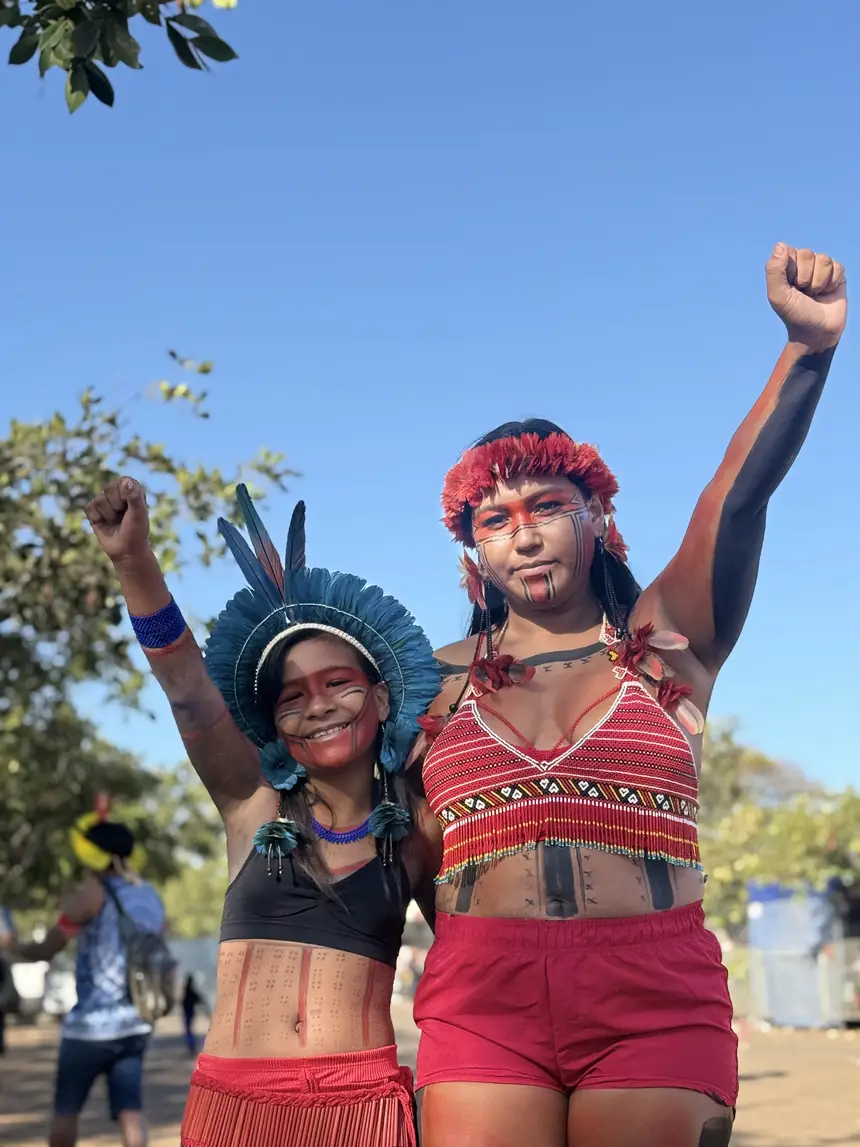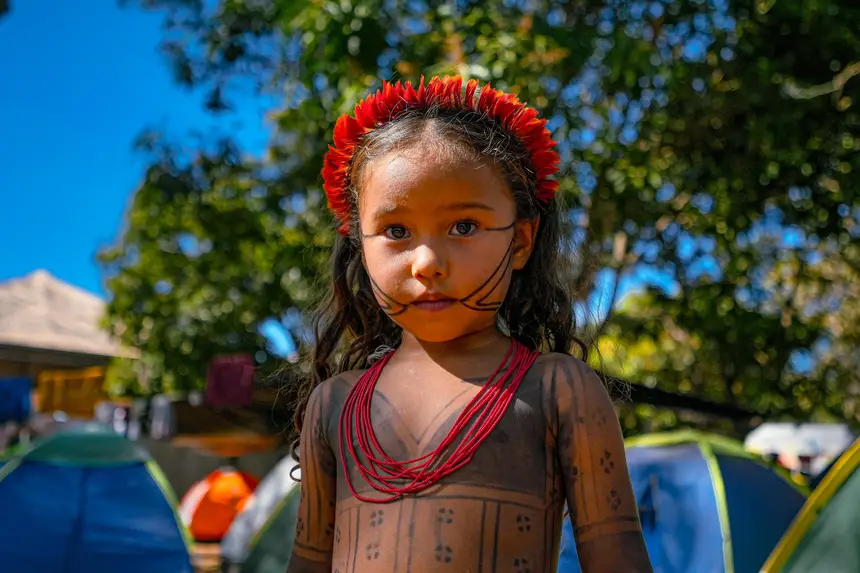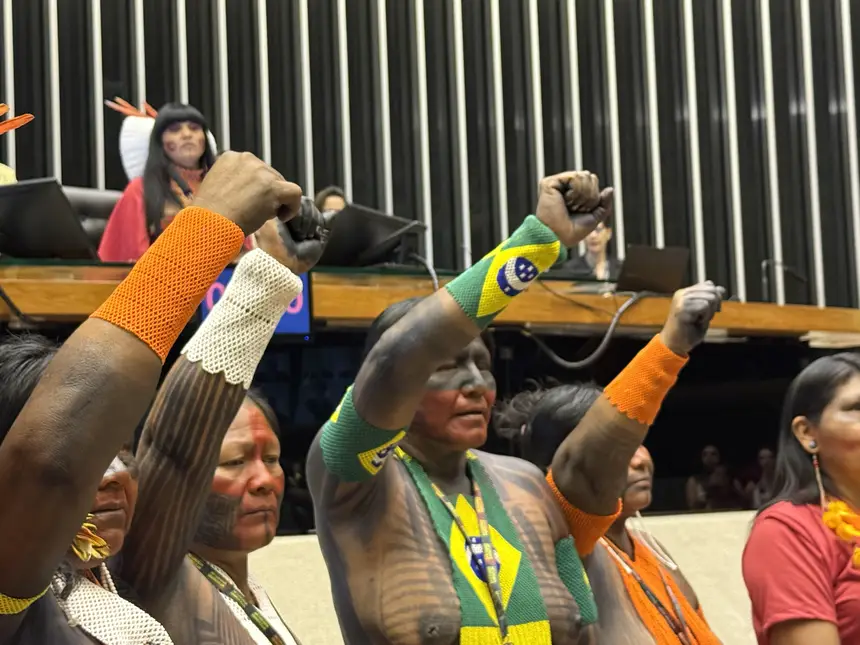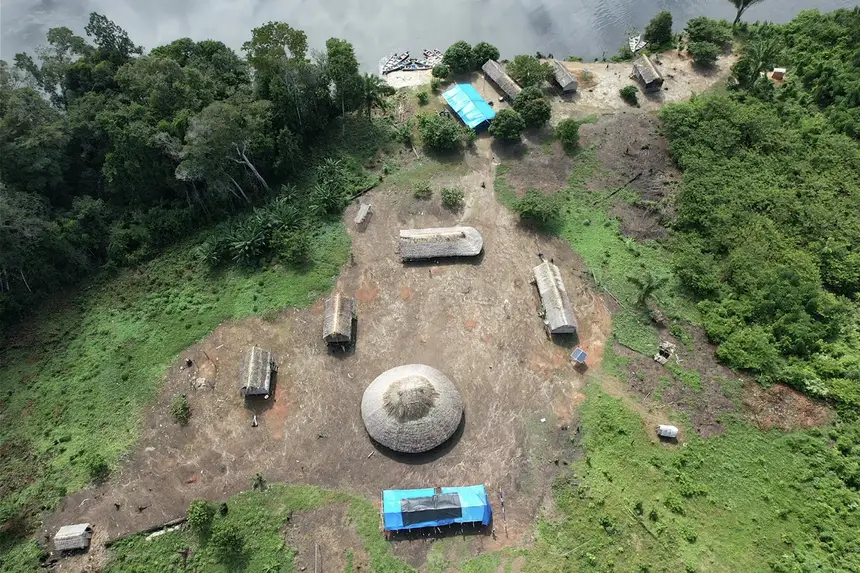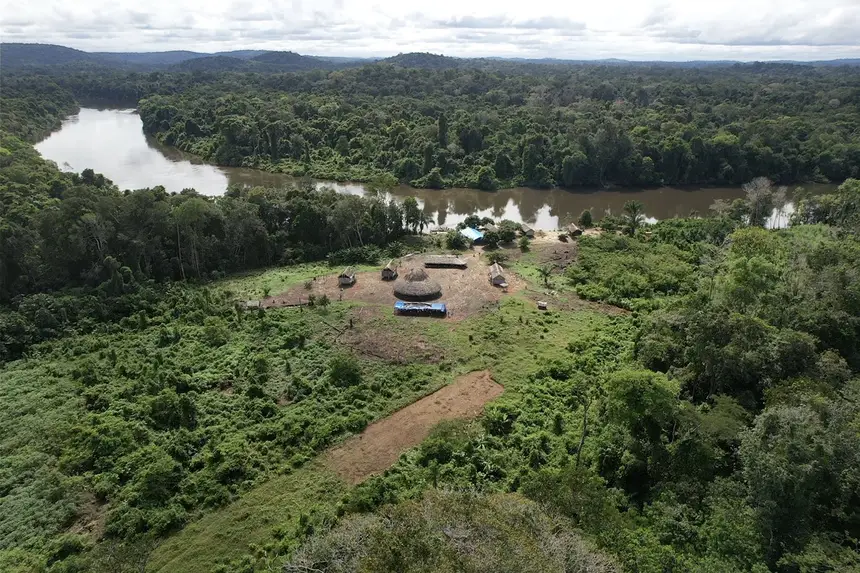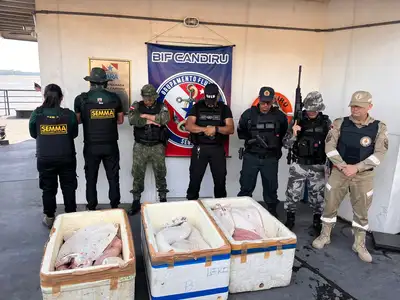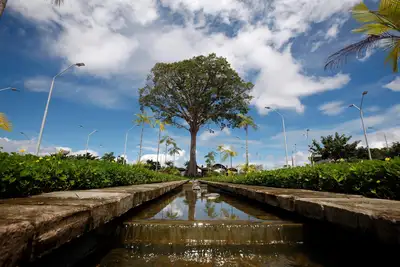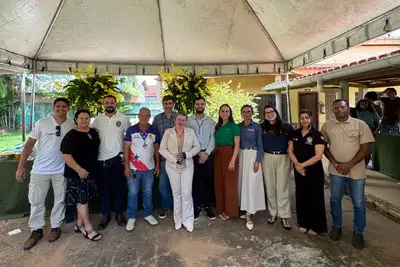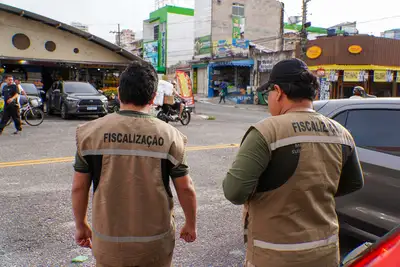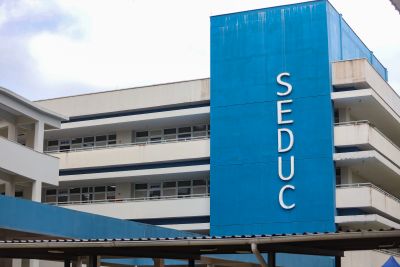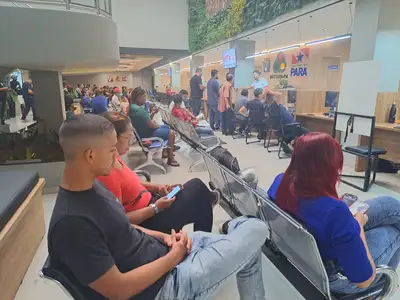Indigenous women from Pará reinforce their role in defending the Amazon and rights
On Amazon Day and International Indigenous Women's Day, celebrated on September 5, the Government of Pará, through Sepi, highlights the strength of women in preserving the forest and strengthening territories.
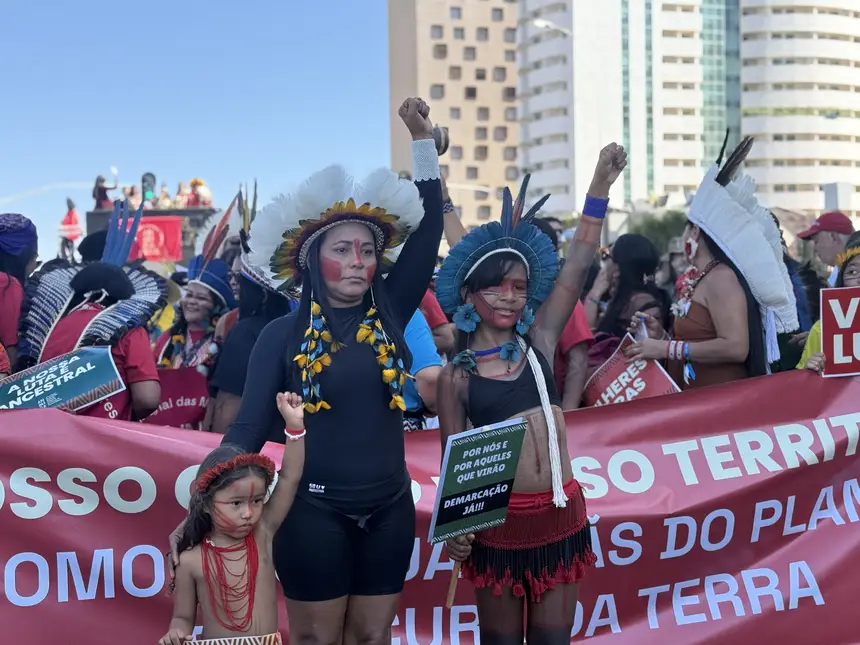
On Amazon Day and also on International Indigenous Women's Day, celebrated on September 5, the Government of Pará, through the State Secretariat for Indigenous Peoples (Sepi), reinforces the role of women and indigenous peoples in defending the forest and building solutions for the climate crisis.
Pará is home to about 70 indigenous peoples, both mapped and isolated, according to a survey by the Federation of Indigenous Peoples of Pará (Fepipa). Fepipa is an organization that represents the indigenous peoples of the State, founded in 2016, which works to defend collective and individual rights, as well as promoting the cultural, political, and social strengthening of indigenous communities. According to the federation's survey, Pará is home to more than 80,000 indigenous people, distributed across territories and also in urban areas, highlighting the challenge of ensuring adequate and inclusive public policies.
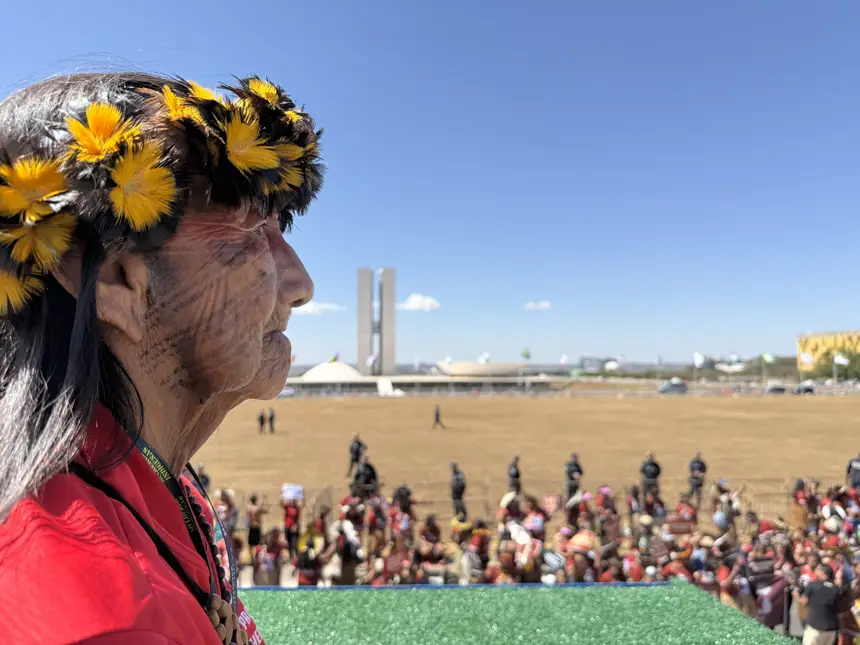
According to the 2022 Census by IBGE, the State has 80,974 indigenous people, which corresponds to 1% of the total population of Pará, estimated at 8,116,132 inhabitants. Pará ranks 6th in the national ranking of states with the largest indigenous population, behind only Amazonas, Bahia, Mato Grosso do Sul, Pernambuco, and Roraima.
Furthermore, according to IBGE, 51.64% of indigenous people in Pará lived in indigenous lands in 2022, an increase of 13.15% compared to the previous census. The data also reveals that there are indigenous people in all 144 municipalities in Pará.
These complementary surveys from Fepipa and IBGE reinforce the diversity and relevance of indigenous peoples in Pará, highlighting the importance of Sepi in articulating public policies that reach both villages and populations living in urban areas.
"The Amazon cannot be seen merely as a resource, but as life. For us, indigenous peoples, preserving the forest is preserving our cultures, our spirituality, and the existence of future generations. Pará shows Brazil and the world that indigenous leadership is essential, and indigenous women are the ones who pass down the teachings of nature protection from generation to generation," stated the Secretary of Indigenous Peoples of Pará, Puyr Tembé.
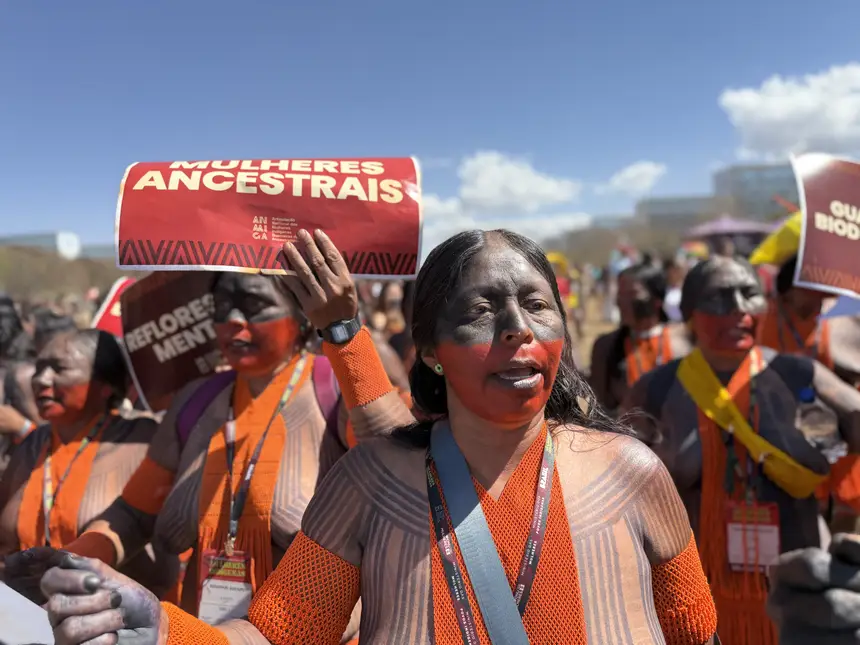
According to IBGE, indigenous women represent more than 50% of the indigenous population in Brazil. In Pará, they play a fundamental role in the territories: they are responsible for transmitting traditional knowledge, caring for the land, and community organization. Moreover, their presence has been growing in political and advocacy spaces, strengthening the collective struggle for the preservation of the Amazon and the guarantee of rights.
The connection between territory and human rights also gains strength in this context. The preservation of the Amazon is directly linked to the guarantee of the fundamental rights of indigenous peoples, such as the right to land, culture, differentiated education, and health, recognized in the Federal Constitution, ILO Convention 169, and the United Nations Declaration on the Rights of Indigenous Peoples.

For the youth, Amazon Day also represents a call to continue this struggle. Tuxere da Silva, a 14-year-old indigenous youth from the Krijõhêrêkatêjê village, emphasizes the importance of young people preparing for the challenges of the future. "The forest is our school and our home. When we talk about the Amazon, we are talking about ourselves. Learning and participating in this process is important so that we can continue taking care of our territory and the planet."
Throughout the month of September, Sepi will continue to hold strategic agendas and dialogues, reinforcing the presence of Pará as a central territory for addressing climate change and ensuring a fair and sustainable future.


